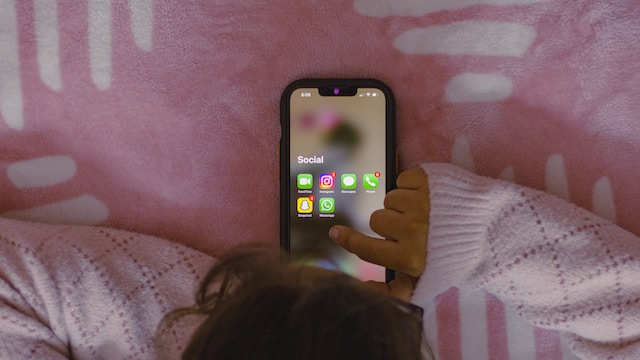 POLICY
POLICY
 POLICY
POLICY
 POLICY
POLICY
Researchers at the Oxford Internet Institute said in a study published today that they couldn’t find a “smoking gun” linking mental health harms and the use of online applications.
The researchers, whose institute is part of Oxford University, said their study of 2 million people in 168 countries from 2005 to 2022 is so far the largest of its kind. Their objective was to find the link between internet use and mental health issues of people aged 15 to 89.
“Our results do not provide evidence supporting the view that the internet and technologies enabled by it, such as smartphones with internet access, are actively promoting or harming either wellbeing or mental health globally,” they said.
The findings will be controversial, seeing that countless other studies, albeit less ambitious ones in terms of scope, have indeed found links between internet use and mental health issues, especially in the young. Currently, the U.S. is experiencing a pushback regarding how young people use social media due to widespread concerns that a significant number of young people have suffered and are suffering from spending too much time in their digital environments.
“We studied the most extensive data on well-being and internet adoption ever considered, both over time and population demographics,” said another of the researchers. “Although we couldn’t address causal effects of internet use, our descriptive results indicated small and inconsistent associations.”
The researchers looked at different age groups and genders and concluded they found no significant issues, including with women and young girls, often said to be the group most at risk. In fact, the researchers said something that flies in the face of current beliefs, stating that “increased mobile broadband adoption predicted greater life satisfaction.” They admitted that the association was too small to be of much significance.
There does seem to be a mental crisis mostly affecting the young, and it hs happened over the last 20 years. However, correlation isn’t the same as causation. In an interview, professor Andrew Przybylski of the study said some of the studies so far that have shocked the world regarding social media and mental health have been far from vigorous.
He accepts that there may be a link, calling for more work to be done and the bigger tech companies to get on board, explaining that “the data most urgently needed are collected and held behind closed doors by technology companies and online platforms.”
At a time when the President of the U.S. is talking about this issue in his State of the Union address and big tech is being hit by all sides from politicians and attorneys general, Przybylski’s comments today to the Financial Times equating this to a moral panic and “wellbeing theatre” may not be taken so well. In his opinion, before any new regulations are implemented, there should at least be more “conclusive” evidence.
THANK YOU